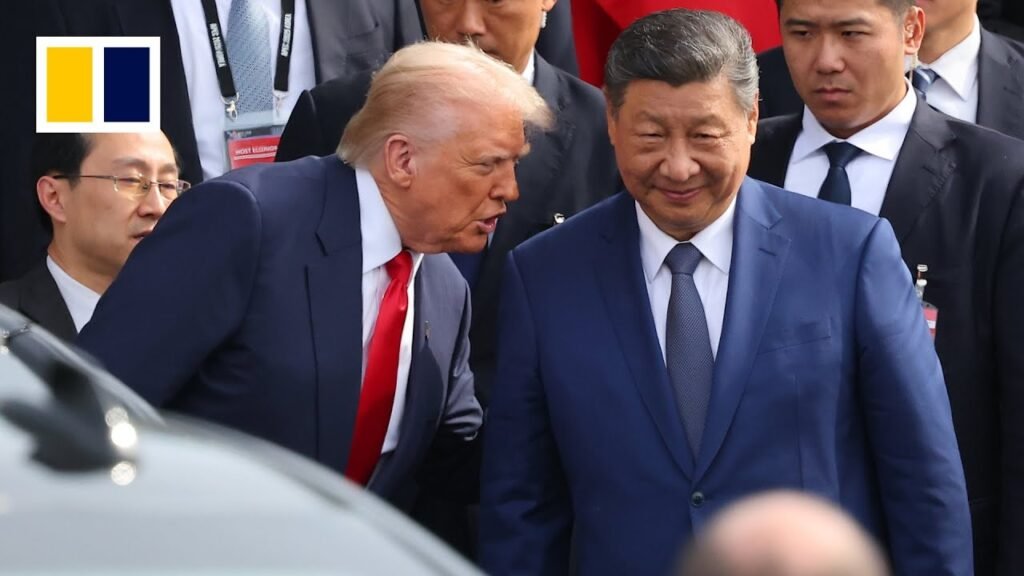By Renee Hickman and Heather Schlitz
Chicago soybean prices rose on Wednesday, recovering some of the previous session’s losses, as Beijing’s confirmation that it was cutting tariffs on U.S. farm goods put attention back on a trade truce between the countries.
Gains remained capped by the lack of large Chinese purchases of U.S. crops since the truce, as well as wider losses in financial markets.
Chicago wheat and corn prices also ticked up.
China will suspend retaliatory tariffs on U.S. imports following President Xi Jinping’s meeting last week with President Donald Trump, Beijing confirmed on Wednesday, but imports of U.S. soybeans will still face a 13% tariff.
The news spurred some gains for futures, according to analysts, shifting the focus back to what U.S. officials have cited as a pledge by Beijing to buy tens of millions of metric tons of U.S. beans, including 12 million over November and December, under the truce.
“The news that China is cutting tariffs on several ag products is positive, along with simple technical buying. Soybeans are taking more support from the rebound in meal,” said Karl Setzer, partner at Consus Ag Consulting.
The suspension of the U.S. Department of Agriculture’s flash export sales reports, which usually track large export volumes, amid an ongoing government shutdown has also made it harder for market participants to confirm any sales to China.
The most-active soybean contract on the Chicago Board of Trade (CBOT) ZS1! closed 12-3/4 cents higher to end at $11.34-1/4 per bushel.
CBOT corn ZC1! rose 3-3/4 cents to end at $4.35-1/4 per bushel and wheat
ZW1! settled 4-1/2 cents higher at $5.54-3/4 a bushel.
Setzer said corn futures were firmer on record-large weekly ethanol production numbers.
Wheat remained underpinned by talk of Chinese interest in U.S. supplies, though soybean traders were cautious about potential volumes.
Meanwhile, the Russian government is considering a grain export quota of 20 million tons for the second half of the season, nearly double the year-earlier level, according to a draft document published by the Russian Grain Union lobby group on Wednesday.






